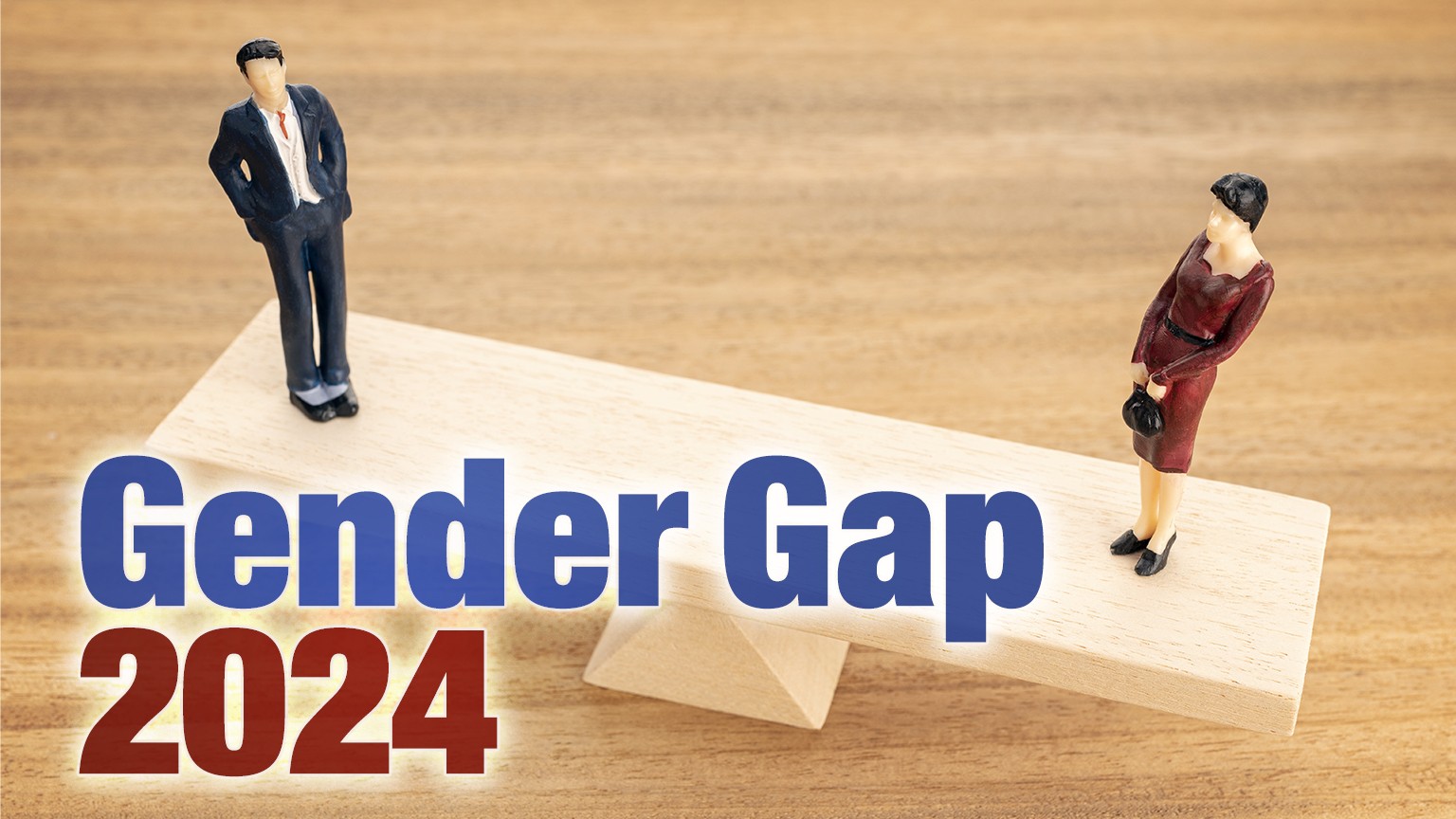The survey on the gender gap, conducted annually by the World Economic Forum, examines four fields: economy, education, access to health care, and politics.
Among the 146 countries surveyed, Iceland has had the highest gender equality rating for 15 years in a row, followed by Finland, Norway, and New Zealand. European nations occupied seven of the global top 10 spots.
Last year, Japan was by far the lowest-ranking member of the G7. But it has achieved gender parity in two fields, "educational attainment" and "health and survival." However, women's advancement in the fields of "economic participation" and "opportunity and political empowerment" remains extremely low. This trend has not improved from the previous year.
The number for women in parliamentary, senior government and corporate management positions rose to 14.6 percent, up 1.7 percentage points from last year. But Japan still ranked 130th in this particular field.

Shareholders back female board members in leadership roles
Although the figure remains low in the world ranking, Japan did show some improvement last year.
Annual shareholders' meetings in June saw more firms listed on the Tokyo Stock Exchange’s Prime section assign women to executive posts.
Of 245 such companies that had no female business leaders, 115 promoted women to the positions. Investor backing for executive appointments at these firms rose 2.8 points on average compared to last year.
But at many firms with no women in top positions, support for leadership proposals dropped 6.2 points.
Shareholders in Japan are increasingly calling on companies to fix the skewed gender balance in their boardrooms, and asset management companies have set a precedent of opposing the selection of top executives of companies with no female directors.
Efforts to push women to the forefront of society getting results
A group led by Professor Miura Mari of Sophia University analyzes the gender ratio for each of the 47 prefectures in Japan in four fields — politics, administration, education, and economics.
The group published this year's report in March. In the field of politics, they analyzed the gender ratio in prefectural assemblies and municipal councils and calculated an index for the prefectures on a scale of zero to one, with the latter indicating full equality.
According to the report, the narrowest gap was in Tokyo at 0.352, followed by the neighboring prefectures of Kanagawa at 0.257, and Chiba at 0.252.
The widest gap was in Yamanashi at 0.138, followed by Miyazaki at 0.139 and Saga at 0.144.
Professor Miura noted that although the index remained in the 0.1 range, some prefectures showed signs of year-on-year improvement. Oita rose from 44th to 26th place, Kagawa from 31st to 18th, and Kagoshima from 46th to 36th.
In Oita, a woman was elected to the Upper House and one became a mayor. The number of women in the prefectural assembly increased from two to nine in Kagawa and from five to 11 in Kagoshima.
Miura praised the growing momentum in the entire region to push women to the forefront.
Spearheading the movement
Professor Miura says it is also effective to increase opportunities for women to engage in assemblies and administration.
Holding simulated political assemblies and getting citizens to participate in discussing administrative and regional issues could be one way, she says.
She also says it is important to create a system where everyone — including women — can express opinions on local government policies.
Regarding the significance of efforts to eliminate the gender gap, she pointed out the divergence between the norm and reality now. She says young people who think that equality is natural could lose hope for the future when they see the real situation.
Miura stressed that society is responsible for creating an environment where people can live freely regardless of gender differences.
The World Economic Forum report says that at the current pace it will take 134 years to eliminate gender inequality across the world. A lot more must be done before this essential goal is realized.
